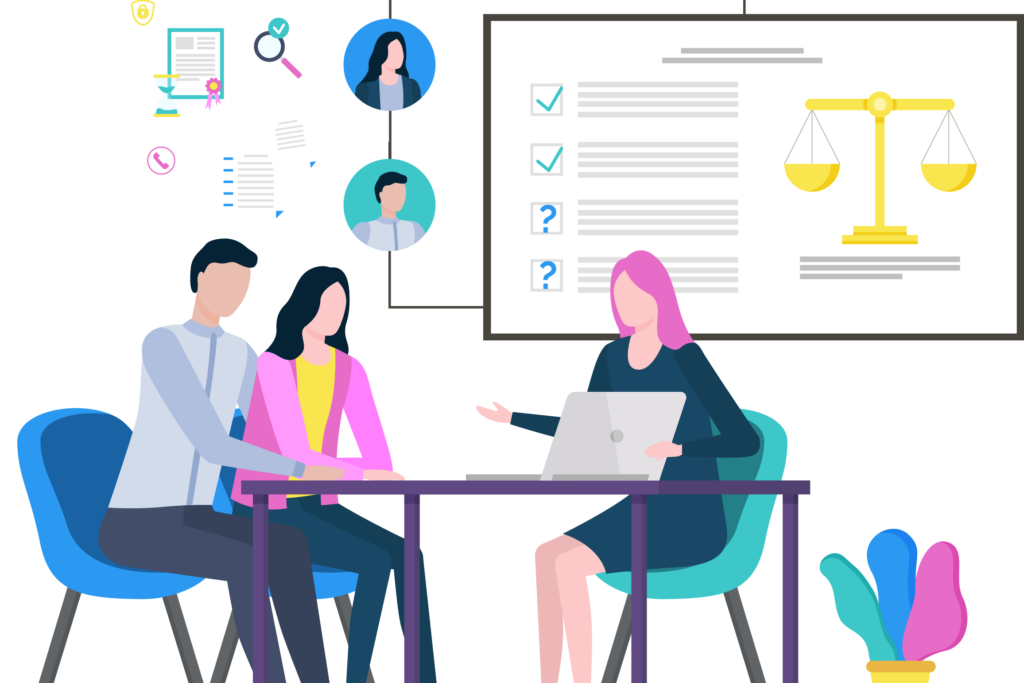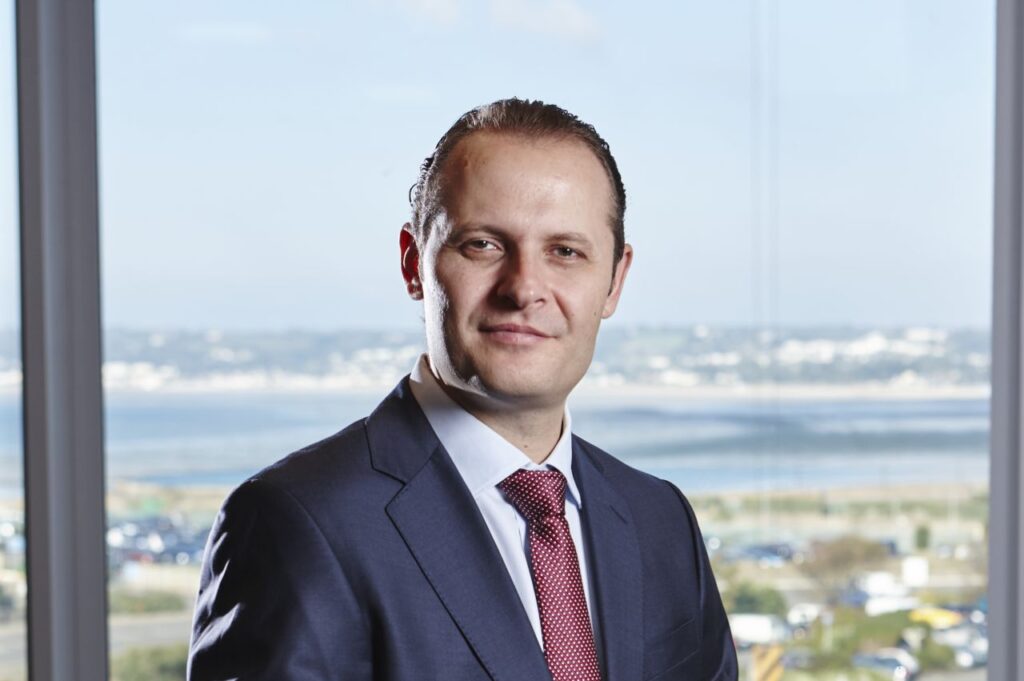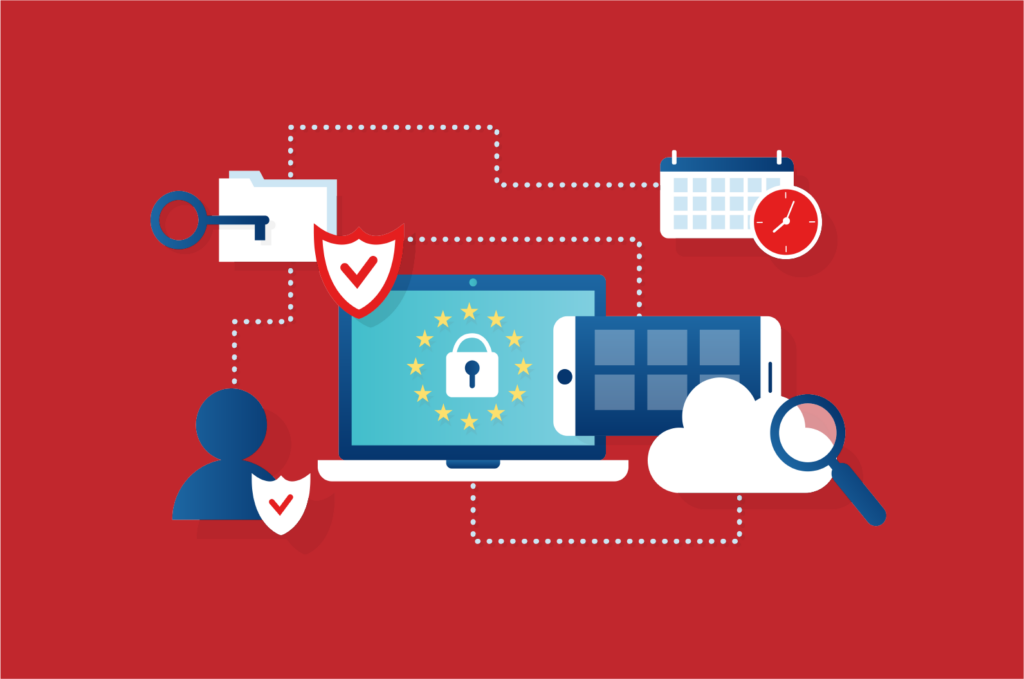
The convergence of a number of technologies is changing all corners of enterprise, and as a data intensive industry, intellectual property (IP) is no exception.
In the IP sector, life-cycle management is critical for success, while the data-rich make-up of IP demands the utilisation of effective digital tools to support the visualisation, valuation and the rights of IP.
In addition, stakeholders rely on the information they hold on IP to be accurate and up-to-date, factors that are being aided by technology such as artificial intelligence, machine learning, blockchain and automation.
A company that knows these challenges inside-out is CPA Global, a business that aims to help its roster of clients – including the likes of Microsoft, Unilever, Western Digital and Canon – make more efficient, profitable IP decisions.
As part of that effort, CPA launched its ‘New IP’ campaign in September, which at its core is trying to communicate the message that the IP industry has a chance to embrace and drive a digital revolution, leveraging a number of technologies that have collectively come to the fore in recent years.
CPA is rolling-out a global programme incorporating an industry engagement and awareness campaign – across online and offline channels including social media and events – and an online IP hub providing access to the latest thinking on digital transformation in IP from CPA and its customer base, where there is a mixed understanding of the challenges to achieve digital transformations.
“I think it’s fair to say that the corporates have always been one step ahead of law firms. Everyone is screaming that every other industry has become digitalised, and that doesn’t mean just upgrading my existing software or putting something in the cloud and calling it a digital transformation,” says Toni Nijm, Chief Strategy Officer at IP technology leader CPA Global.
“We really need to rethink some aspects of the IP industry, and that message might seem quite provocative to some, but we cannot continue to just keep patching products the way as has been the case for the past 15 or 20 years.

“Whether you’re a law firm or an IP function in a corporate environment, if you want to gain a competitive advantage and better serve your customers, then you have to have a rethink.”
Nijm and his team have hit the road to meet with managing partners at law firms and leading figures of legal practices at corporates to deliver this message, something he says he will continue to do in the coming years.
Part of CPA’s pitch is that this change in thinking can help all areas of a business, which Nijm breaks down into four parts.
“The attorney world really has not changed for many, many years, so this campaign or rethink is about making them far more efficient, while with admin it’s about improving how files are stored, how renewals are carried out and how assets are docketed,” he says.
“There is also an innovation element to this, because it is important to identify new ideas faster, but also qualify them in a much better and efficient way, which even some of the biggest companies in the world are finding challenging.
“Finally, companies should be using big data and analytics to help them identify gaps in the market, identify competitors, licensing deals and acquisitional opportunities.”
The union of a number of technologies has led CPA to label 2020-2030 the ‘decade of digital’, a period when companies must move rapidly to a more connected, integrated, faster and more productive IP ecosystem. That future, it says, is rooted in digital transformation.
Nijm draws an equivalence with the rise of ride-hailing platforms like Lyft and Uber. By striking at exactly the time that technology has matured,extent that it can support the transformation of an entire sector.
“It would have been very difficult to establish that business model before 2010, simply because the infrastructure wasn’t there. Now everyone’s got a smartphone, with GPS and Google Maps,” he says.
“The same is true in terms of technology in the IP industry, yet you have a situation where a lot of big companies are still working on Excel sheets to manage IP, which is crazy. The message is that companies need to leverage new technology, it is on the agenda of every company we speak to.”
Key to the technology transformation CPA expects to emerge over the next 10 years is blockchain. In recognition of its growing importance, Oxford Business School has developed a Blockchain Strategy Framework, which has six broad questions that industries or companies can pose themselves before deciding whether or not to utilise blockchain.
They include whether there is a repeatable, predictable process that leads itself well to automation, whether there are multiple stakeholders in the value chain and is there value in an immutable record.
“When you take those six questions and put them in the context of the IP industry, it takes two seconds to answer yes to all of them,” says Nijm.
“That’s because the way IP works doesn’t naturally lend itself to networks, so if you want to have patents and trademarks in 10 countries, you’ve got to go and talk to a law firm in each one of those countries to help you get it filed, registered and granted. Ninety percent of the work that is done is just coordinating networks of partners to carry out work for you.

“Let’s take Google as an example: if it wants to file a patent in the United States and 10 other countries, they’ll ask a local U.S. law firm to help coordinate filings. Let’s say one of the countries is Japan, the local firm will send the patent to the Japanese firm it usually works with, which will in turn send it to the local Japanese patent office.
“So that information is being shared across four parties, all of which have different processes, manually docketing and company emails. Now think of that happening across all 10 countries it wants to file the patent in and how risky, costly and inefficient that process is. It is absolutely crazy.”
Nijm goes on to list off a number of other examples – misspelled names, patent renewal timings, due diligence – as evidence for the need for an industry standard blockchain, removing the need to replicate information, store permissions and automatically docket instructions.
Rather than just talking about it, CPA Global has spent more than two years speaking with the world’s largest law firms and a handful of large corporates to develop a pilot solution that it is aiming to get to market in early 2020.
Nijm is reluctant to reveal too much, saying that he would prefer to let the technology speak for itself, but admits that he is excited and confident about what has been developed.
“We’ve taken our time to make sure the model is right, that we know where all the nodes are going to be in the chain, what type of blockchain we are going to have and how is it going to be integrated with existing infrastructure in the industry,” he says
“With the law firms that are going to be part of the chain, we’ve spoken to them about what kind of contracts they need, what their customers need and how we ensure every transaction will be validated so to avoid confidentiality issues.
“So, we’ve done a tremendous amount of work with these parties and helping now, we’ve got a big event in New York in November to finalise most of it, and hopefully it’s in the marketplace early next year.”
As part of its ‘New IP’ campaign, CPA has warned that should companies ignore this digital imperative, the IP industry itself will become a brake on the pace of global innovation, which remains reliant on infrastructure and processes which are rapidly approaching breaking point.
“From a corporate point of view, there is a clear recognition of what needs to happen, whereas on the law side, the interpretation of what needs to happen is different to the reality,” says Nijm.
“Most of the people we are speaking to will never have seen anything like this and it challenges us a company as well. We’re retraining and hiring people and constantly learning.
“You’ve got to show people the end-to-end solution rather than talking about the specific product. Digital transformation is about the whole piece, not about a certain product. You’ve got to literally start from scratch.”



